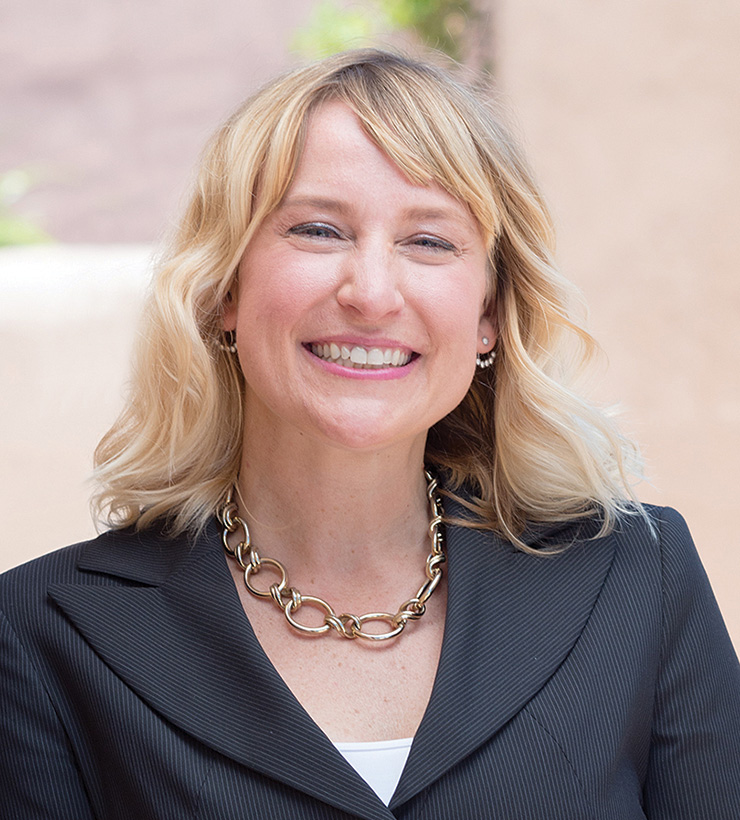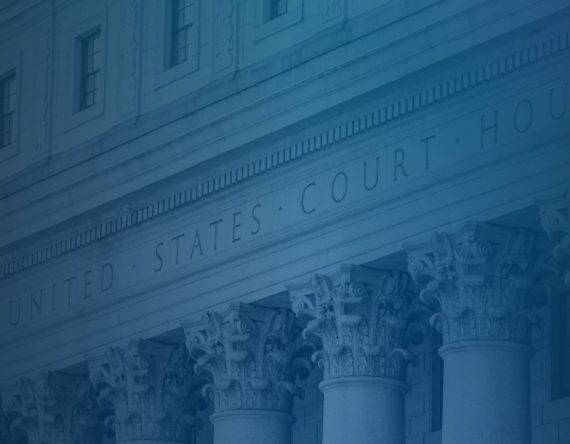As global regulatory tides continue to shift, how can compliance teams prepare their programs to stand up to regulatory scrutiny?
Michele Edwards and Emilia Drozda sit down with Cindy Moehring, former Global Chief Ethics Officer and U.S. Chief Ethics and Compliance Officer for Walmart, to discuss recent developments in monitorships around the globe. According to the panel, since fall of 2021, the Department of Justice (DOJ) has become more vocal about enforcement priorities, including the use of monitors. The DOJ has rescinded guidance that may have implied monitors were dis-favored or a thing of the past and provided more clarity on corporate criminal enforcement policies as it relates to monitors.
Additionally, it has become clear that compliance is not a one-and-done process: organizations are expected to implement programs, regularly test them and ensure they are effective, particularly as risks change.
While the U.S. has historically leveraged monitors more often than the U.K., that does not necessarily mean U.K. companies are off the hook: recent guidance from the SFO indicates that monitors could become more normalized. The word “monitor” may not always be used, but companies are increasingly finding themselves subject to “independent reviewers” or quasi-monitorships.
Additionally, companies may find themselves subject to monitorships from other jurisdictions, given the push for global cooperation among foreign regulators.
Having a strong, proactive compliance program from the start can set entities apart. Stay tuned for the next episode in this series, where the panel breaks down how to get the most out of working with a monitor.







